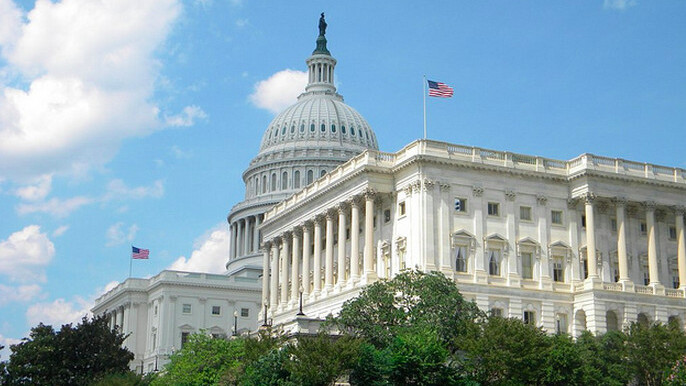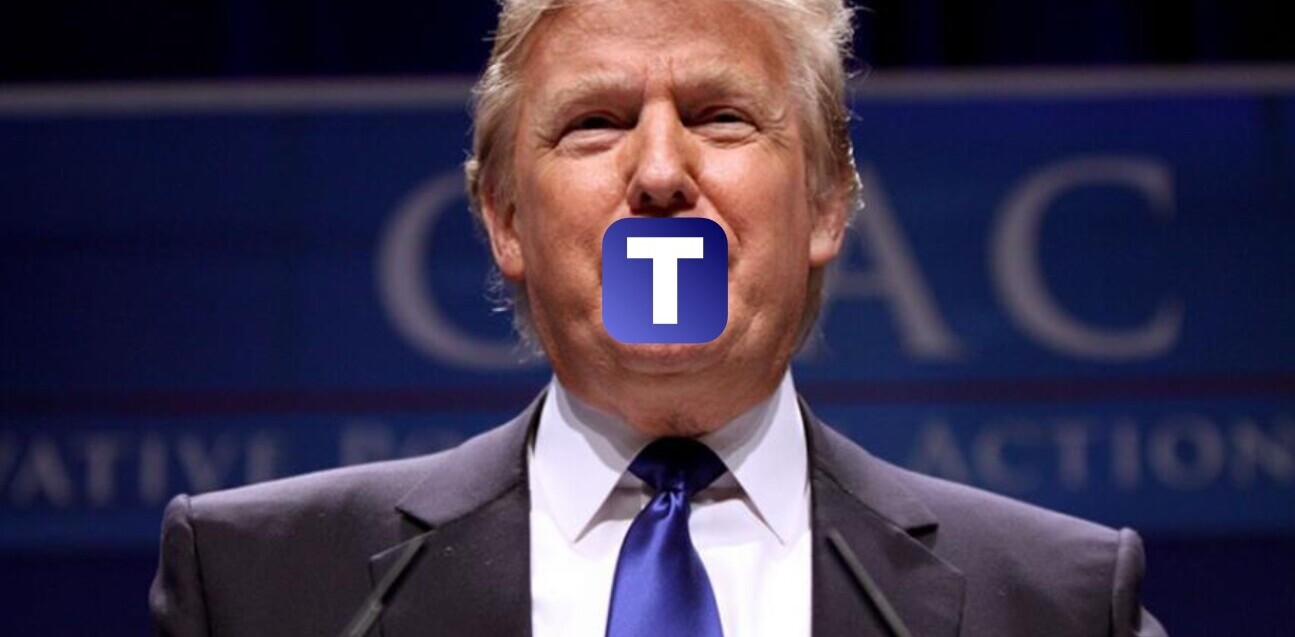
This is the week, it seems, in which the US Senate will manage to move forward on cybersecurity legislation. After being gummed for weeks and months on the issue, it appears that the log jam is in the process of breaking loose – the leading cybersecurity bill should be should be taken up later this week by the upper chamber.
Now, what has taken us so long? The short version is that certain parties in the government felt that it was important to have digital security standards for critical infrastructure. Others saw such rules as onerous regulation. A compromise was required. Recall that the House’s bill, CISPA, does not contain such standards.
For some time, the leading Senate bill, lead by Sen. Lieberman did have such mandates. However, much work done by two other Senators, Messrs. Whitehouse and Kyl, has led to a new path forward: incorporating a different method of boosting infrastructure safety, without new regulation.
The Hill has the latest on the compromise:
In the revised version [of the Lieberman bill], critical-infrastructure operators could elect to participate in a voluntary cybersecurity program where they can receive incentives, such as liability protections or access to government intelligence.
Also in the proposed law are reformed privacy controls. Essentially, the bill has taken on parts from various quarters, meaning that it might manage to pass the Senate. If it can survive a trip to the House without a mangling, it will be signed by the President, who has been pushing for its passage.
The administration previously promised to veto CISPA over privacy concerns.
Here’s what to expect next: The Senate will begin to work on the bill after it takes up a tax issue. That will put it into motion around Wednesday or Thursday. If the Senate hurries, it just may make that July deadline.
Top Image Credit: ttarasiuk
Get the TNW newsletter
Get the most important tech news in your inbox each week.





